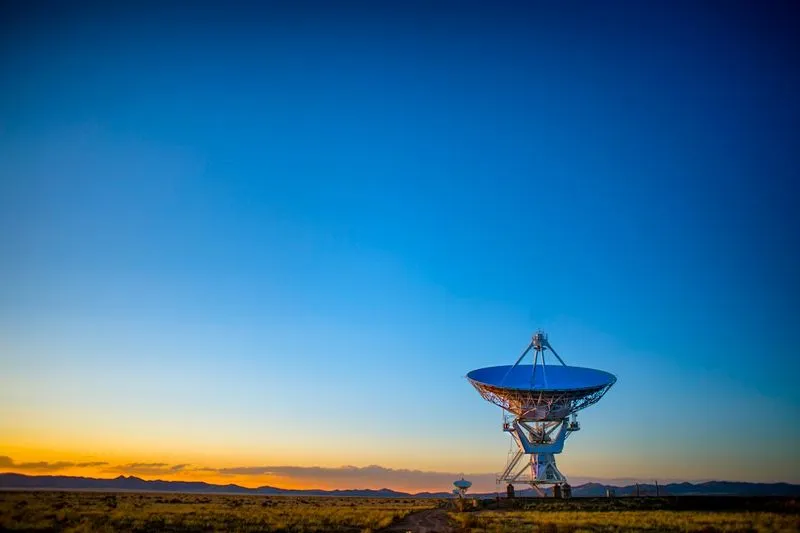
科技巨頭自願承諾打擊選舉相關深度偽造
科技公司聯合簽署共同框架應對人工智慧生成的深度偽造,用意在於誤導選民
科技巨頭包括 Microsoft、Meta、Google、Amazon、Adobe 和 IBM 在慕尼黑安全會議上簽署了一項協議,表明他們打算採用共同的框架來應對人工智慧生成的深度偽造,該偽造旨在誤導選民。而另外十三家公司,包括 AI 新創公司 OpenAI、Anthropic、Inflection AI、ElevenLabs 和 Stability AI 以及社交媒體平臺 X(前身為 Twitter)、TikTok 和 Snap 以及晶片製造商 Arm 和安全公司 McAfee 和 TrendMicro 也加入了簽署該協議。這些簽署方表示他們將使用方法來檢測並標記誤導性政治深度偽造,在平臺上分享最佳實踐,並在深度偽造開始傳播時提供「迅速且適當的回應」。同時這些公司還表示他們將特別關注深度偽造的上下文,力求在響應深度偽造時 "[保護] 教育,紀錄片,藝術,政治表達等各種形式",同時向使用者透明地說明他們對欺騙性選舉內容的政策。
實質性問題與挑戰
這項協議可能在實質上是毫無作用的,有些批評者可能認為這只不過是在虛應故事。因為這些措施都是自願性的。然而科技行業對監管選舉的擔憂,也在一定程度上在今年全球 49% 人口將參加國家選舉的背景下表露無遺。微軟副董事長兼總裁布拉德·史密斯(Brad Smith)在一份新聞稿中表示: “科技行業無法單獨保護選舉免受這種新型選舉濫用的威脅… 從現實來看,對於微軟的工作人員來說我們還需要新型的多利益相關者行動…很明顯,保護選舉將需要我們大家一起努力。”
法律及監管挑戰
在美國,沒有聯邦法律禁止深度偽造,無論與選舉有關還是其他方面。但全美有 10 個州已透過法律禁止它們,最早在明尼蘇達州禁止在政治競選中使用深度偽造。此外聯邦機構已經採取了一些執法行動來打擊深度偽造的傳播。本週,聯邦貿易委員會宣布,他們正在尋求修改一項現行規定,該規定禁止模擬商業或政府機構,以涵蓋所有消費者,包括政治家。聯邦通訊委員會則正在將 AI 語音機器人電話重新定義為非法,禁止人工和預錄音語音垃圾郵件。
深度偽造數量激增
據人工智慧偽造檢測公司 Clarity 的資料顯示,深度偽造的數量今年同比增長了 900%。上個月,一些利用 AI 模仿美國總統喬·拜登聲音的機器人電話試圖阻止人們參加新罕布什爾州的初選。此外在去年 11 月斯洛伐克大選前幾天,一些使用 AI 生成的音訊錄音模擬自由主義候選人討論提高啤酒價格和操控選舉的事件。根據 YouGov 最近的一項民意調查,85% 的美國人對誤導性影片和音訊深度偽造的傳播非常擔憂或有些擔憂。與此同時美聯社與 NORC 公共事務研究中心的另一項調查發現,近 60% 的成年人認為 AI 工具將增加在 2024 年美國大選週期中虛假和誤導資訊的傳播。
未來展望
在面對這場深度偽造的問題上,科技巨頭的自願承諾是一種積極的訊號。然而這只是解決問題的一小步。未來,政府和監管機構仍需要加固監管和法規,並與科技公司攜手合作,共同抵禦此類深度偽造對選舉的潛在威脅。 safeguard] educational, documentary, artistic, satirical and political expression” while maintaining transparency with users about their policies on deceptive election content. The accord is effectively toothless and, some critics may say, amounts to little more than virtue signaling — its measures are voluntary. But the ballyhooing shows a wariness among the tech sector of regulatory crosshairs as they pertain to elections, in a year when 49% of the world’s population will head to the polls in national elections. “There’s no way the tech sector can protect elections by itself from this new type of electoral abuse,” Brad Smith, vice chair and president of Microsoft, said in a press release . “As we look to the future, it seems to those of us who work at Microsoft that we’ll also need new forms of multistakeholder action … It’s abundantly clear that the protection of elections [will require] that we all work together.” No federal law in the U.S. bans deepfakes, election-related or otherwise. But 10 states around the country have enacted statutes criminalizing them, with Minnesota’s being the first to target deepfakes used in political campaigning. Elsewhere, federal agencies have taken what enforcement action they can to combat the spread of deepfakes. This week, the FTC announced that it’s seeking to modify an existing rule that bans the impersonation of businesses or government agencies to cover all consumers, including politicians. And the FCC moved to make AI-voiced robocalls illegal by reinterpreting a rule that prohibits artificial and pre-recorded voice message spam. In the European Union, the bloc’s AI Act would require all AI-generated content to be clearly labeled as such. The EU’s also using its Digital Services Act to force the tech industry to curb deepfakes in various forms. Deepfakes continue to proliferate, meanwhile. According to data from Clarity , a deepfake detection firm, the number of depfakes that have been created increased 900% year over year. Last month, AI robocalls mimicking U.S. President Joe Biden’s voice tried to discourage people from voting in New Hampshire’s primary election. And in November, just days before Slovakia’s elections, AI-generated audio recordings impersonated a liberal candidate discussing plans to raise beer prices and rig the election. In a recent poll from YouGov, 85% of Americans said they were very concerned or somewhat concerned about the spread of misleading video and audio deepfakes. A separate survey from The Associated Press-NORC Center for Public Affairs Research found that nearly 60% of adults think AI tools will increase the spread of false and misleading information during the 2024 U.S. election cycle.
延伸閱讀
- 「拉裏·艾利森的農場冒險:科技巨頭如何跌倒在田間?」
- Meta 在印度擴張:即便裁員潮來襲,科技巨頭仍然看好市場潛力!
- 「OpenAI 董事會全體一致拒絕馬斯克收購提案,爆發科技巨頭間的權力鬥爭!」
- 科技巨頭與新創企業攜手呼籲:簡化歐盟人工智慧與資料規範!
- 前 Meta 員工提起性騷擾訴訟,揭開科技巨頭隱祕面紗!
- 「OpenAI 計劃在德國開設辦事處,科技巨頭的歐洲擴張新篇章!」
- 馬斯克掌握美國政府機構執行,科技巨頭入侵政壇!
- 美國司法部起訴阻止 HPE 以 140 億美元收購 Juniper Networks,科技巨頭併購戰再升溫!
- 美國青少年對科技巨頭的信任危機:現狀揭露不安的真相
- 科技巨頭 Conduent 無法排除網路攻擊可能性,系統故障持續延燒!